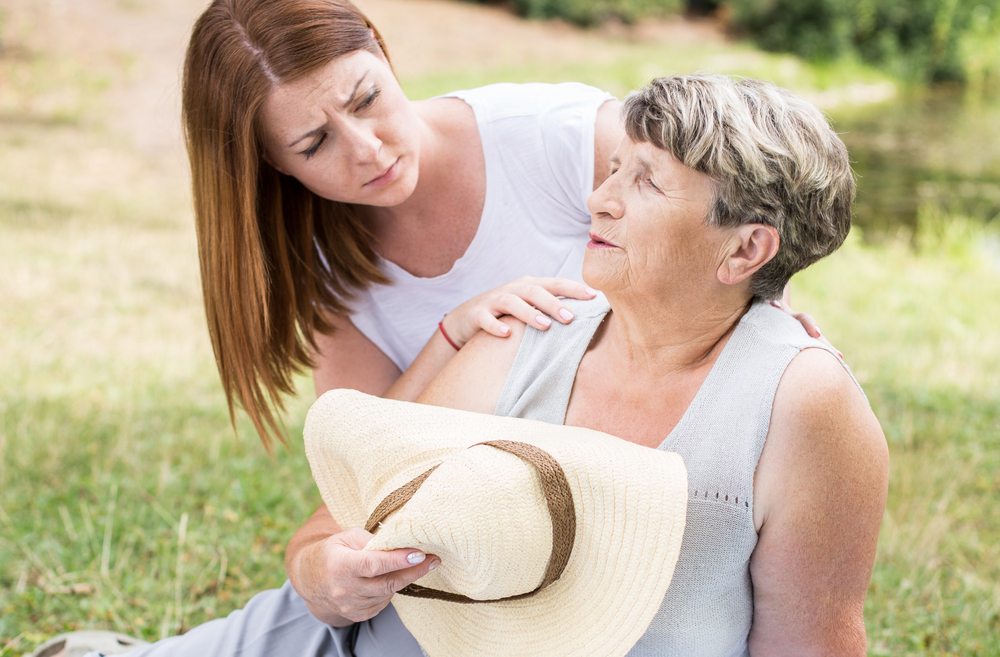Physical, Emotional and Financial Burden Felt by Caregivers of PAH Patients Spotlighted
Written by |

The hardships felt by caregivers of patients with pulmonary arterial hypertension (PAH) are “multidimensional” — emotional, physical and economic — and those burdens should be recognized and caregivers’ own physical and psychological needs accounted for, as their work is increasingly necessary to societies in which patients are living longer, a recent review study argues.
In the review, “Caregiver’s Burden In Pulmonary Arterial Hypertension: A Clinical Review,” published in the Journal of Exercise Rehabilitation, the authors discuss several factors that contribute to caregiver’s burden and recommend ways of acknowledging it.
Caregivers are a crucial part of dealing with a disease. They provide intimate knowledge of the patient’s well-being, serve as legal and medical guardians, make decisions that impact the patient’s health, and provide emotional support. There is an increasing recognition that chronic diseases, such as PAH, carry significant challenges for both patients and their caregivers.
Emotional stress arises as caregivers try to cope with the responsibility of being entrusted with another person’s well-being without any specific training or support. Worries about not being qualified for the task can have a negative impact on the patient’s health.
Previous studies have shown that caregivers may feel disconnected and ignored by doctors, and a lack of communication often separates the two.
Caregivers can also feel physical demands associated with their activity, worsened by, for example, increased fatigue and disrupted sleep at night. These demands can cause them to neglect their own health.
“Caregivers may have a sense of being under constant stress because of concerns regarding patient’s deterioration overtime, overwhelming workload, and being judgmental about their own capabilities of being a caregiver,” the researchers wrote. “The prolonged physical burden can have a profound effect on physical health leading to psychological symptoms and limited social activities.”
Previous studies have also shown that the responsibility of being a caregiver can bring financial stresses that interfere with the caregiver’s own daily activities.
“[D]ealing with PAH patients can lead to significant financial burden, reduced work place productivity and reduced household income,” they wrote. “Many caregivers and patients, similarly, felt a loss of intimacy and overcome with feeling of isolation; mainly as a result of little understanding of the disease process. Despite these obstacles, PAH caregivers described their experience to be rewarding, and felt closer to their family.”
Several questionnaires have been developed to assess the degree of burden associated with caregiving, and can be used to assess caregivers’ needs. These include:
- the caregiver burden scale, which measures the caregiver’s health, psychological well-being and psychosocial aspects of their lives
- the Zarit burden scale, which measures caregiver burden associated with functional, behavioral and home environment aspects
- the caregiver strain index, which evaluates family caregiving concerns and the caregiver’s perception of the activity
- the caregiver reaction assessment, which assesses positive and negative reactions of family members that can occur over time
- the caregiving appraisal scale, intended to measure the caregiver’s own satisfaction with their task
“Daily challenges presented to caregivers can create uncertainty in terms of coping with the worsening of disease. It is important for physicians to be aware of the caregivers’ attributes that can cause significant burden,” the researchers concluded. “More research is needed to establish what factors are detrimental to caregiving, as it will be the responsibility of clinicians to identify these ‘at risk’ caregivers. By way of using these assessment tools, physicians well be in a better position to screen for vulnerable caregivers and provide education along with counseling.
“As a society, we are indebted to caregivers for making an invaluable contribution; therefore, it is appropriate to ‘take care’ of our caregivers.”



